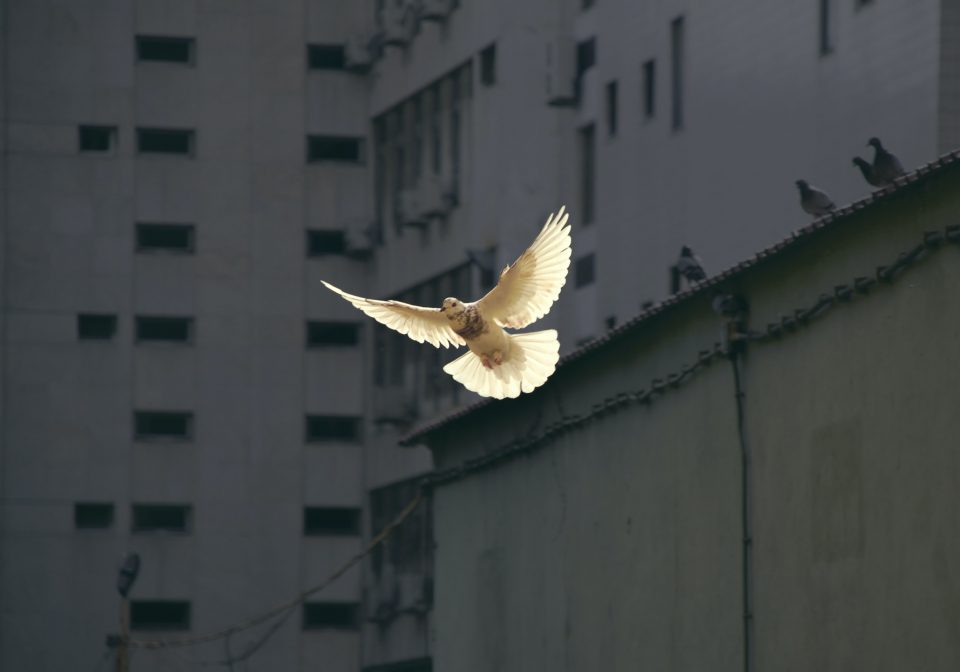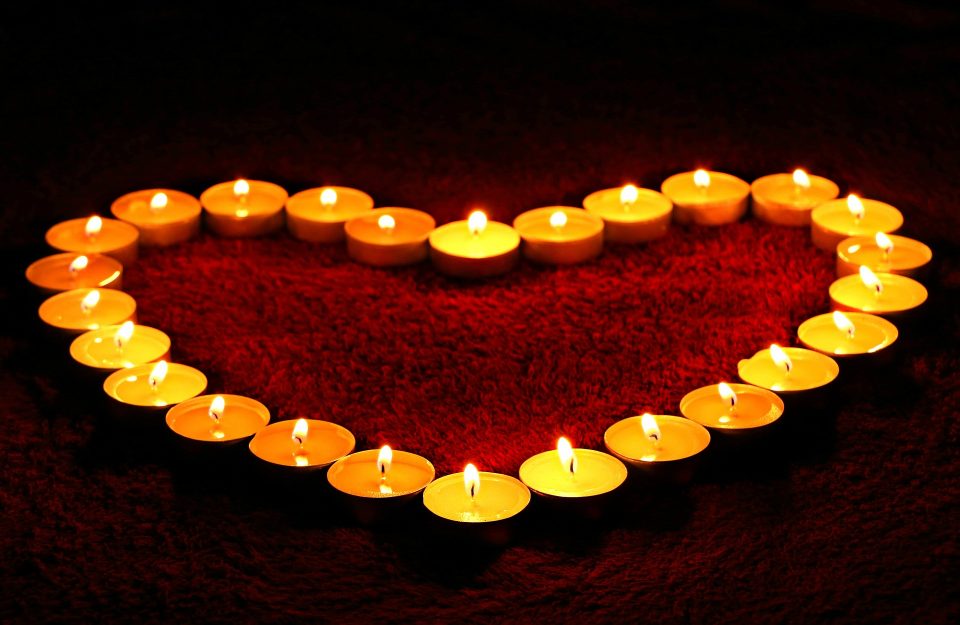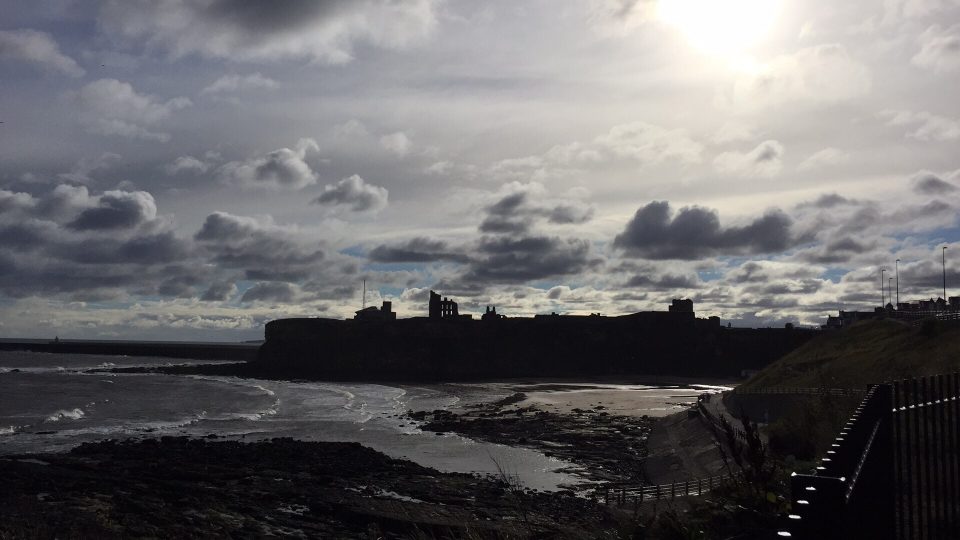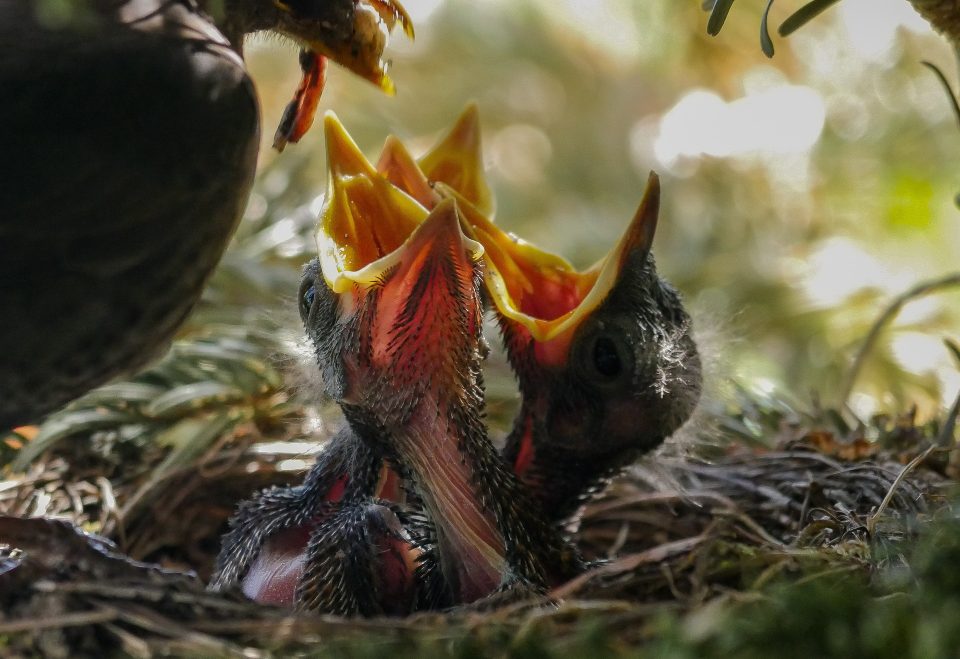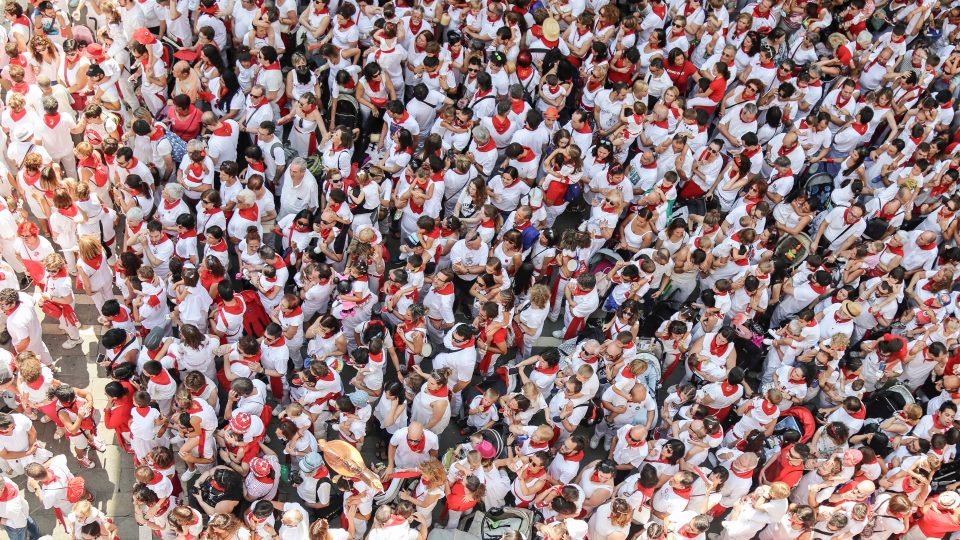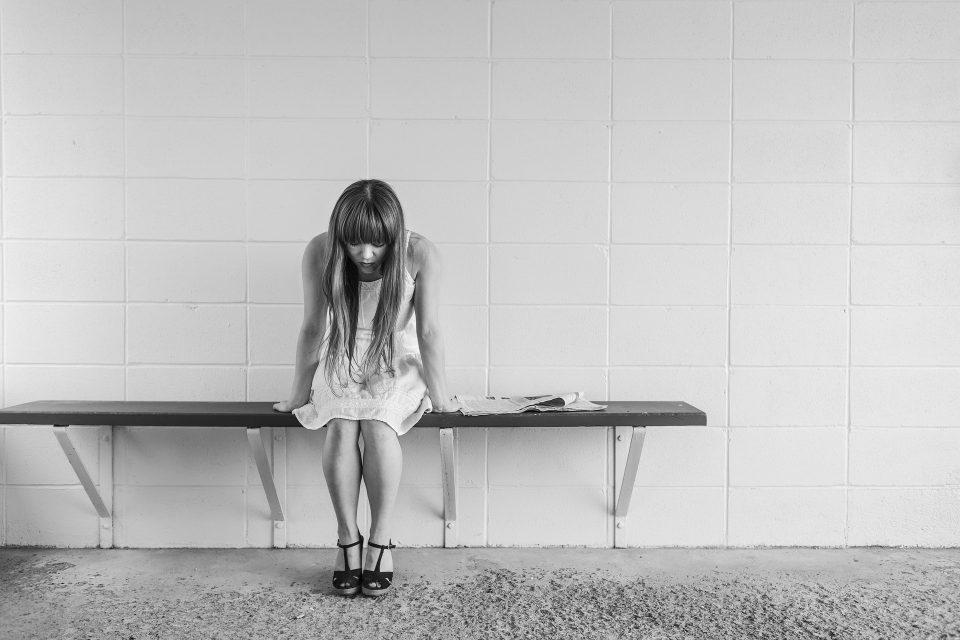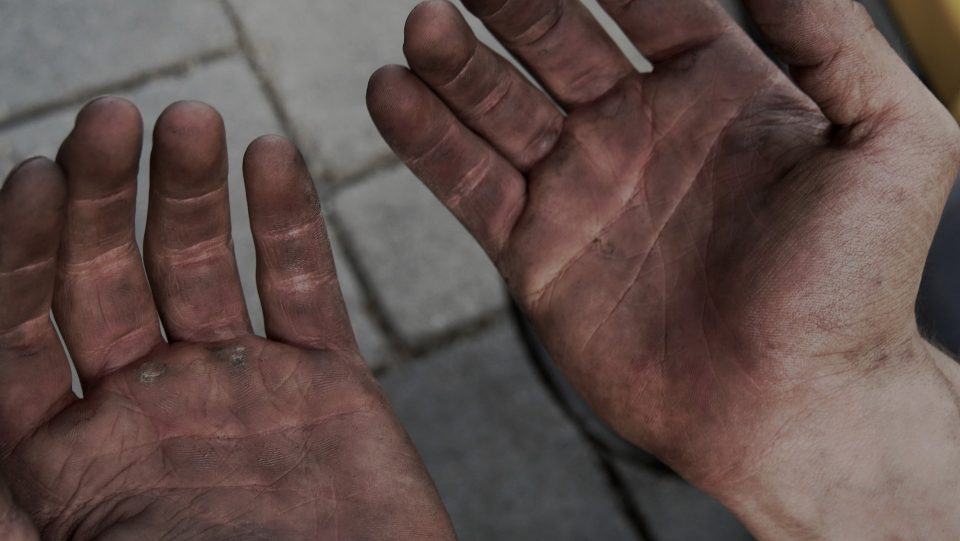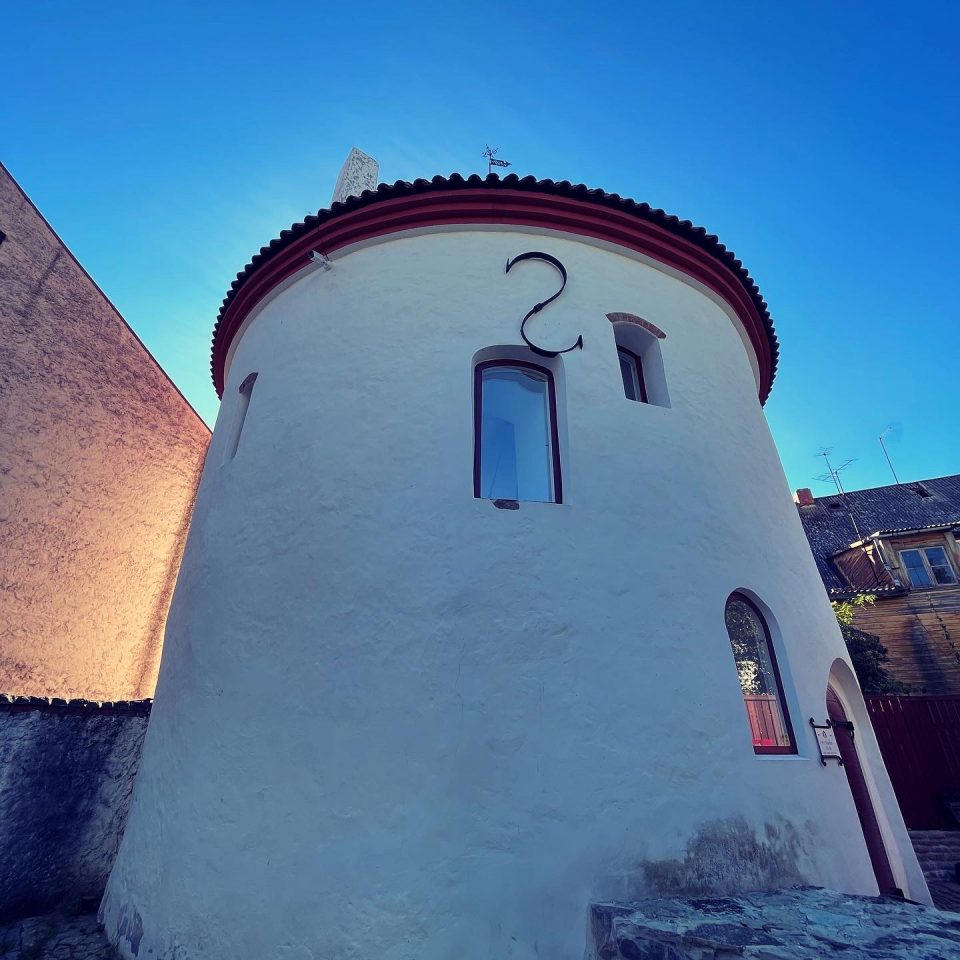Hi folks, I hope you are doing ok? This week we will head back to Platform 2 on Tynemouth Station, meeting at 7.30. We are having a break from the Beatitudes with something slightly different. We were going to see a movie at the cinema, but it’s not currently on at Jam Jar and the other option was going to …
Blessed are the peacemakers, for they shall be called children of God.
Hi folks, I hope you are doing ok? This week we are travelling around again, and are meeting at 7.30 at The Brewery, at the top of South Parade in Whitley Bay. I hope you can join us. This week we continue our walk through the Beatitudes and are thinking about a theme that dominates life across the world right …
“Blessed are the pure in heart, for they shall see God.”
“Blessed are the pure in heart, for they shall see God.” – Matthew 5:8 Hi folks, I hope you are doing ok, this week we mixing it up a little and going to meet at Platform 2 on Tynemouth Station at 7.30. If you are doing the reverse advent calendar you can bring some of your items on Sunday …
Blessed are the merciful for they shall obtain mercy
Hi folks, I hope you are doing ok, this week we will be meeting at the Crescent Club, upstairs in the Seafront Lounge at 7.30. Rememberer its the fireworks in Whitley Bay so give yourself a bit more time. This weeks blog is written by Pauline. Keeping in mind David’s previous comments about looking at the beatitudes not as a list …
Cullercoats to Tynemouth
Hi folks, I hope you are well, this week we are taking a break from looking at The Beatitudes by having a walk from Cullercoats Crescent Club to the Head of Steam in Tynemouth. This will be a nighttime walk because of the clocks going back, so wrap up warm. So if you would like to come we will see you at …
Hunger and Thirst for Righteousness
Hi folks, I hope you are doing ok, this week we will be meeting in the upstairs seafront lounge at the Crescent Club at 7.30, it would be great to see you if you are able. If you have never been on a Sunday night you would be very welcome to join us. What a week it’s been, so much …
Blessed are the Meek for they shall Inherit the Earth
Before I dive into the whole meek inheriting the earth bit I want to start with my take on the beatitudes as a whole. Christianity has been pretty good at the old rules and regulation side of things for many centuries. We love a list of things that are prohibited and you should most definitely not ever do and …
Blessed are those who mourn for they shall be comforted
Hi folks, I hope you have had a good week, we will meet as usual In the Sea front lounge at 7.30. This week our blog is written by John Morley. Well, they chose the right person to talk about loss. Last Sunday at the pub I lost my wallet, just an example of a theme running through my …
Blessed are the poor in spirit, for theirs is the kingdom of heaven.
Hi folks I hope you are all doing ok? This week we meet at the Crescent Club at 7.30 upstairs in the sea front lounge, i hope you can join us. We are about to start a new series of blogs, based around the beatitudes, if you want to read them they can be found in Matthew 5:3-12. We will …
Milline nädal!
Hi folks, I hope you are well? This week we will meet at the Crescent Club in the Sea View Lounge at 7.30pm. We will also pause at 8.00pm for the two mins silence. If that’s not for you just pop to the loo!! Well, what a fortnight! I have to say being overseas when something momentous happens is rather …

